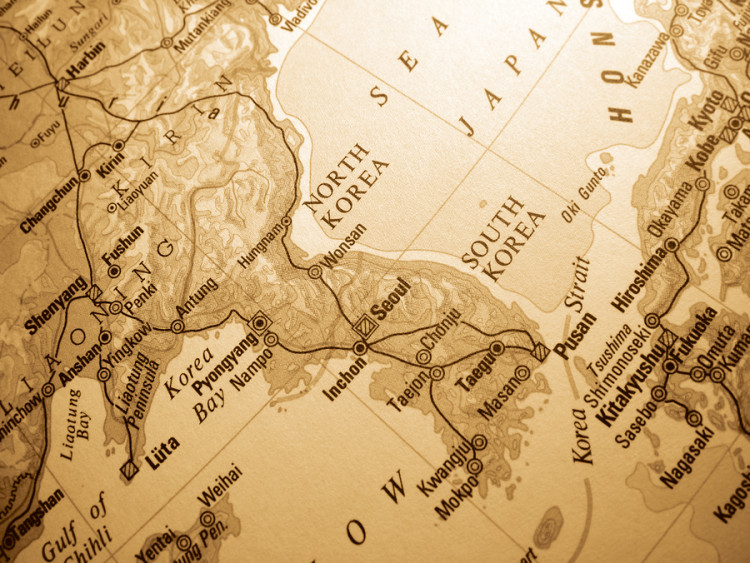A Welcome Development on the Korean Peninsula: Editorial

published Feb 12, 2018 4:44:53 PM, by The Editors
(Bloomberg View) —
In the quarter-century that the world has been dealing with North Korea’s nuclear program, there have been precious few nuggets of good news. The U.S. response to an olive branch from dictator Kim Jong Un may be one of them.
Kim’s gambit — sending his sister to the Winter Olympics in South Korea with an invitation for President Moon Jae-in to visit him in Pyongyang — had provoked some consternation. Was he hoping to divide Moon, who favors rapprochement, from the more hardline views of U.S. President Donald Trump? On his way home from the Games, U.S. Vice President Mike Pence said what should have been equally obvious: The allies should not allow themselves to be divided. Talks, even between the U.S. and North Korea, can and should proceed alongside the global pressure campaign against the North’s nuclear program.
Two things are worth recalling. First, there’s no military solution to this crisis. Any conflict would result in a U.S. victory — but also an inconceivable number of casualties in South Korea, and possibly Japan and U.S. territories such as Guam. That’s why talk of a “bloody nose” strategy — launching a limited strike to intimidate Kim — is foolish.
Second, sanctions alone won’t solve the problem either. Though China has gone along with far harsher restrictions than ever before, Chinese leaders will always resist any measures — such as cutting off supplies of fuel — that might provoke a collapse in the North. Current sanctions seem to be having an impact on the North Korean economy. But it’ll take time for pressure within the system to build — and, in the meantime, Kim’s scientists will continue their race to deploy a nuclear-capable intercontinental ballistic missile. With tensions so high, the chances of a miscalculation rise by the day.
At the very least, all sides have reason to lower that risk. The Olympics have provided a temporary window of calm, with the North refraining from further nuclear or missile tests and the U.S. and South Korea delaying scheduled military exercises. The immediate goal should be to extend that window. Moon should make clear that any talks — let alone a summit in Pyongyang — are contingent on a continued lull in testing. If nothing else, that will help slow the North’s progress toward a functioning ICBM.
If the U.S. joins the talks as well, it would be worth exploring a more formal arrangement. Unsurprisingly, Pence reiterated that any serious negotiations must lead to Kim giving up his nukes. While that should remain the official goal, it’s unrealistic at the moment. That means the U.S. needs to focus for the foreseeable future on improving what it’s been doing for 25 years: containing and deterring North Korea by tightening economic sanctions, improving missile defenses, coordinating with allies in the region as well as rivals such as China and Russia, and so on. That effort, too, can continue alongside talks. Such an approach won’t always produce good news, but it should prevent the worst.
–Editors: Nisid Hajari, Michael Newman.To contact the senior editor responsible for Bloomberg View’s editorials: David Shipley at davidshipley@bloomberg.net .
\
For more columns from Bloomberg View, visit Bloomberg view
copyright
© 2018 Bloomberg L.P







No Comment